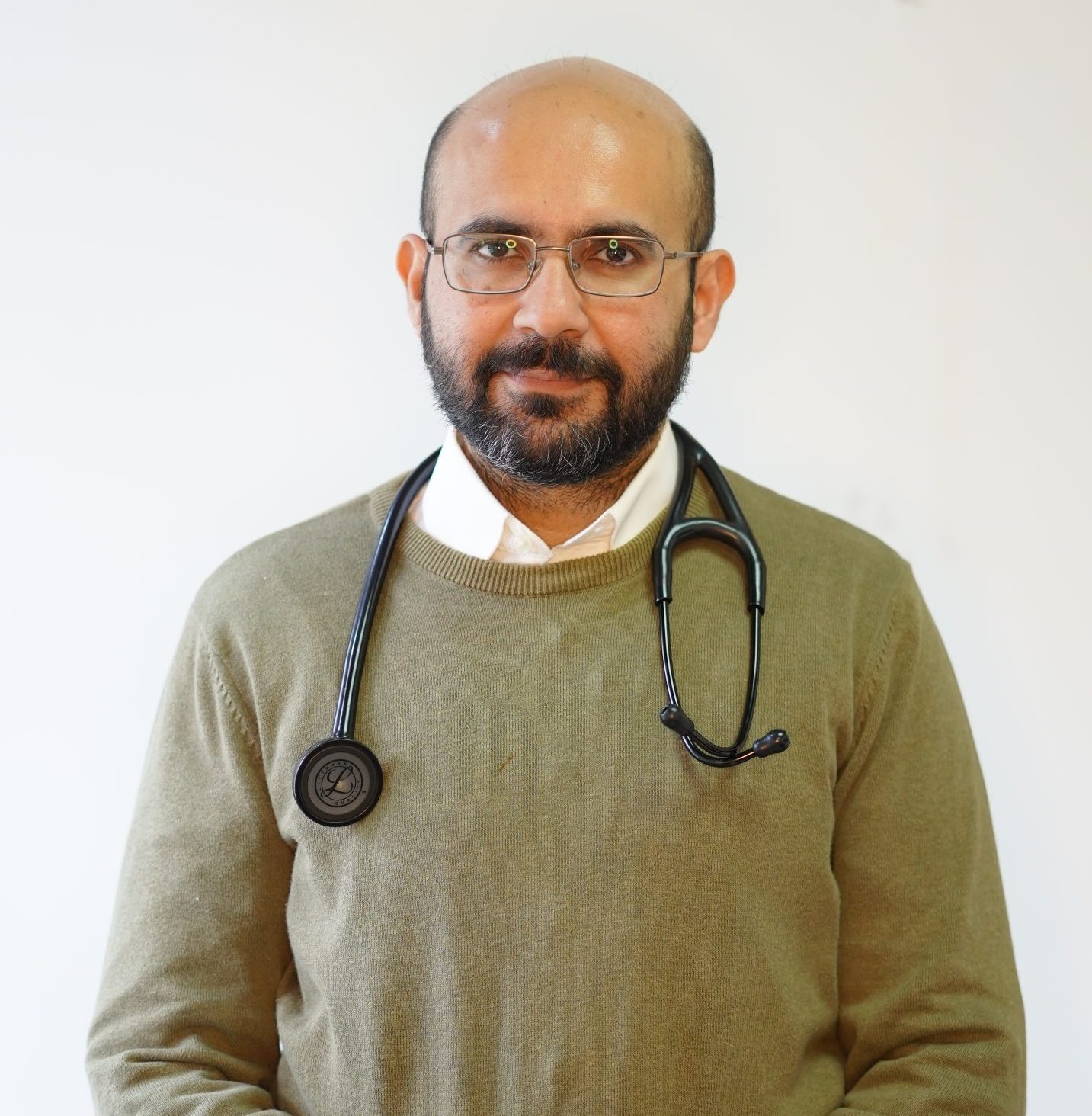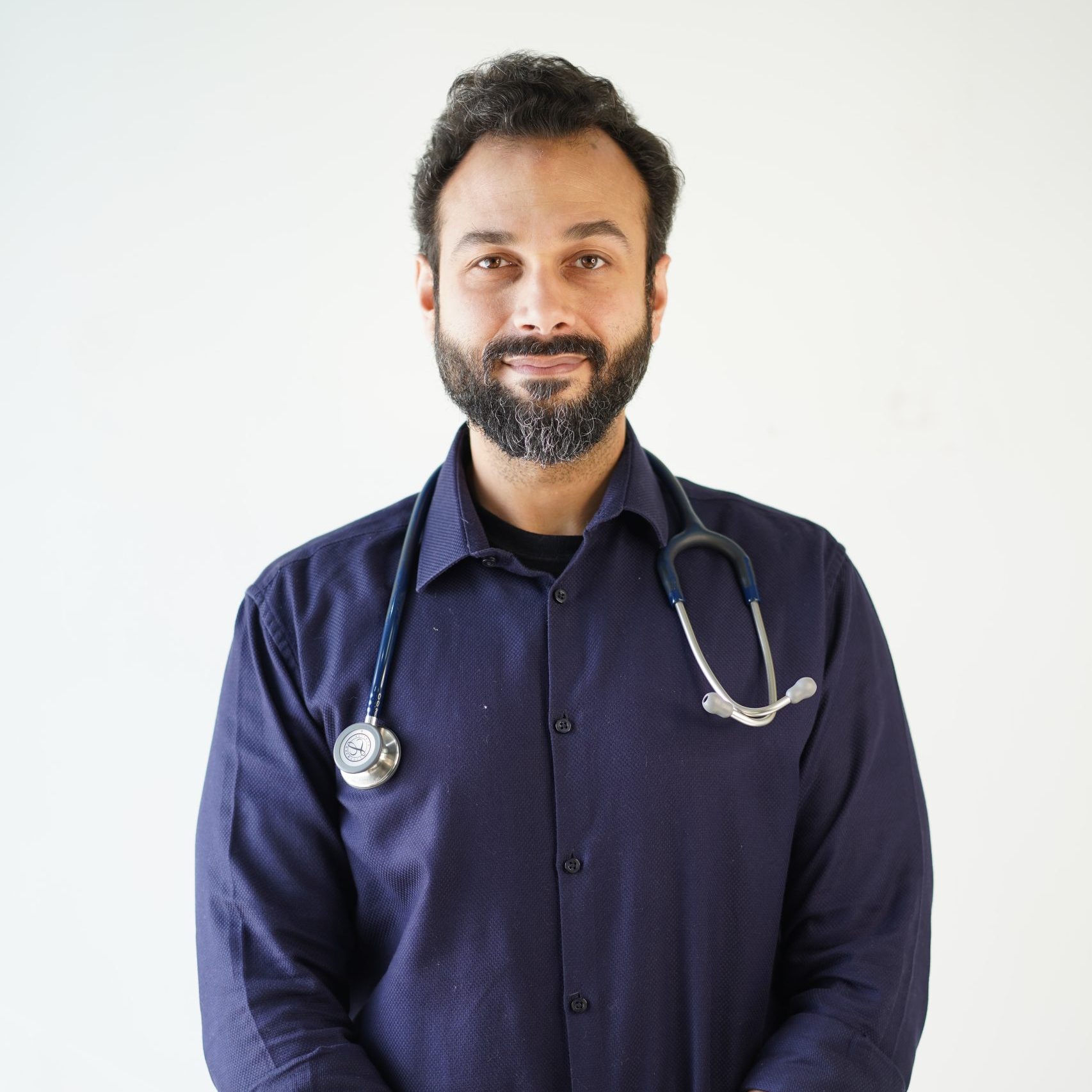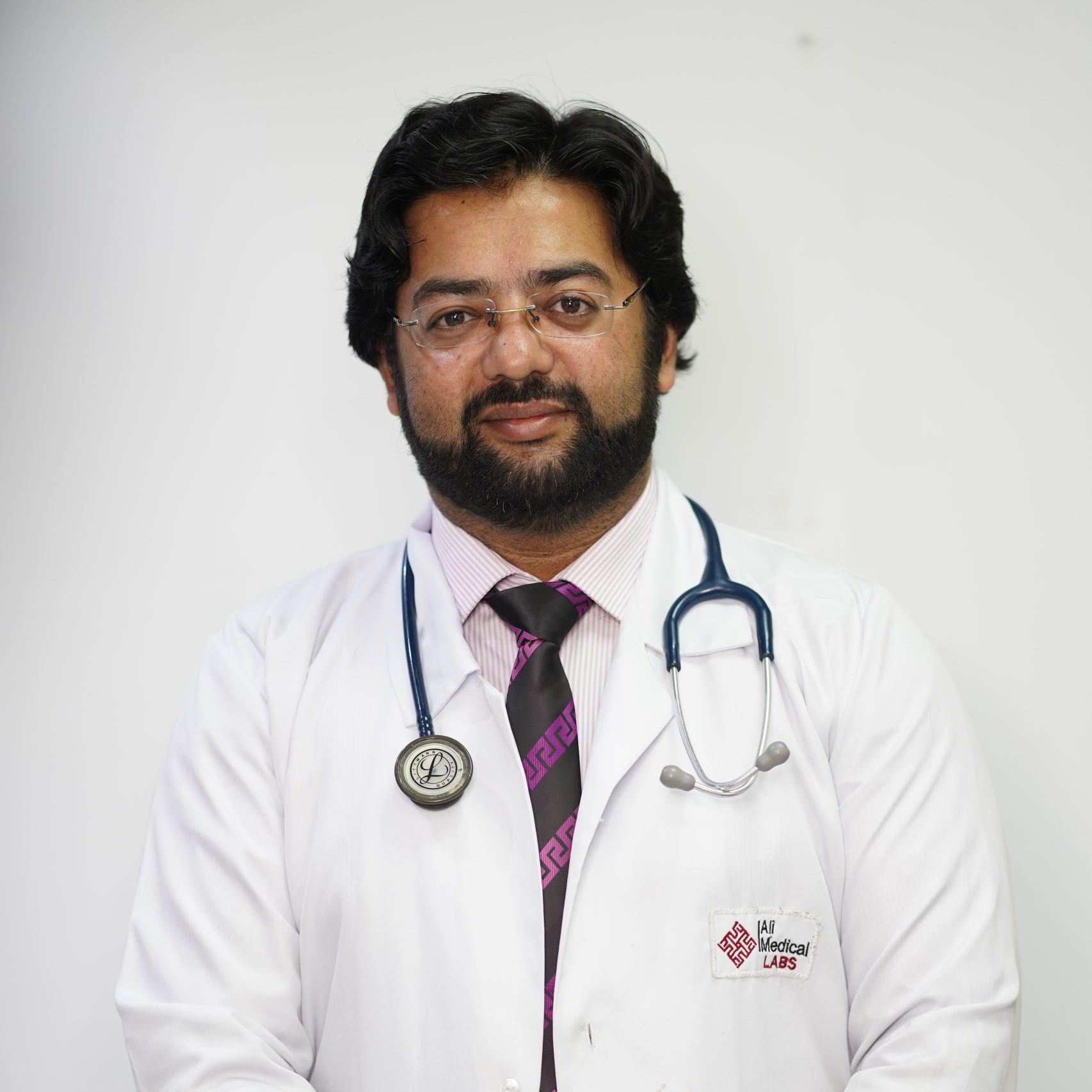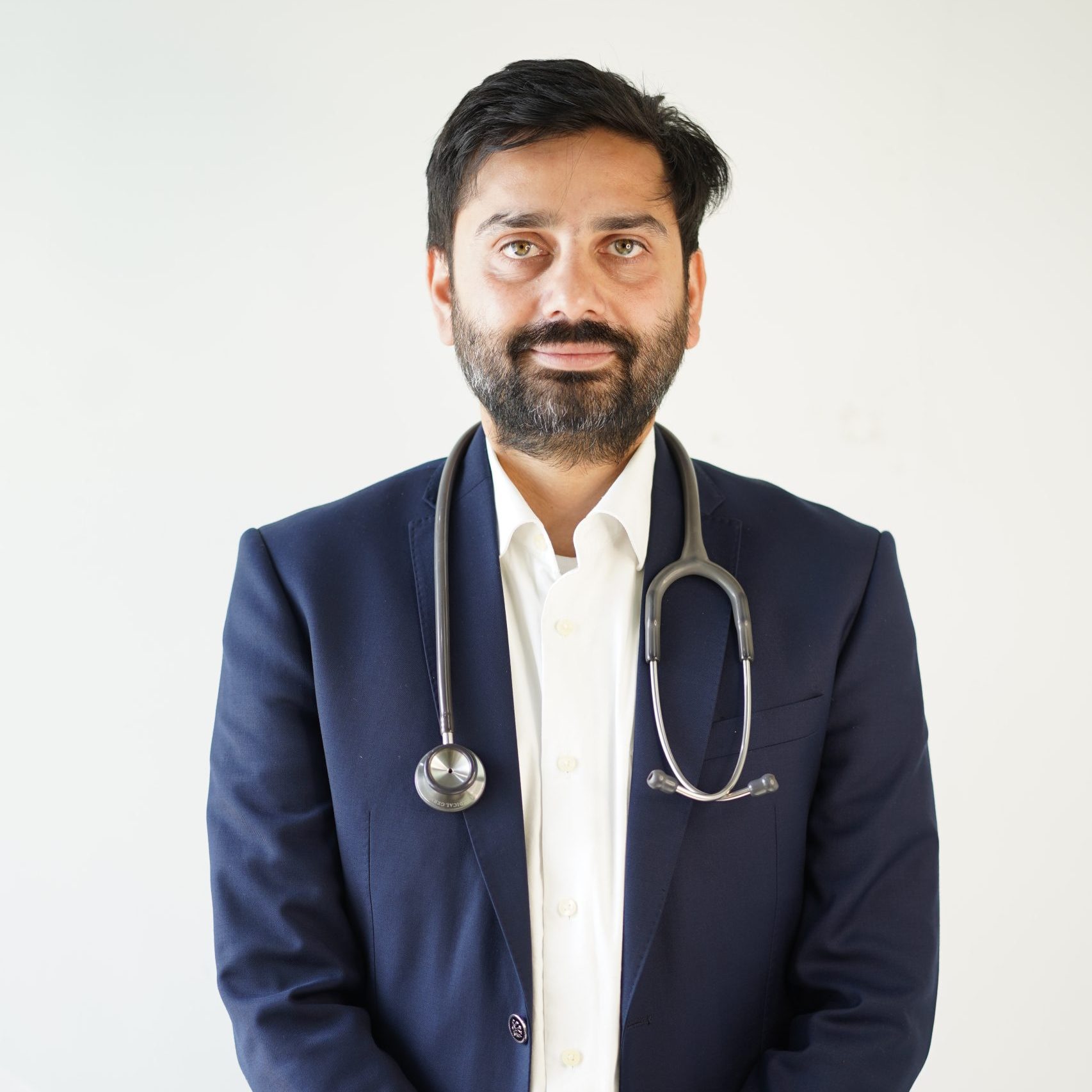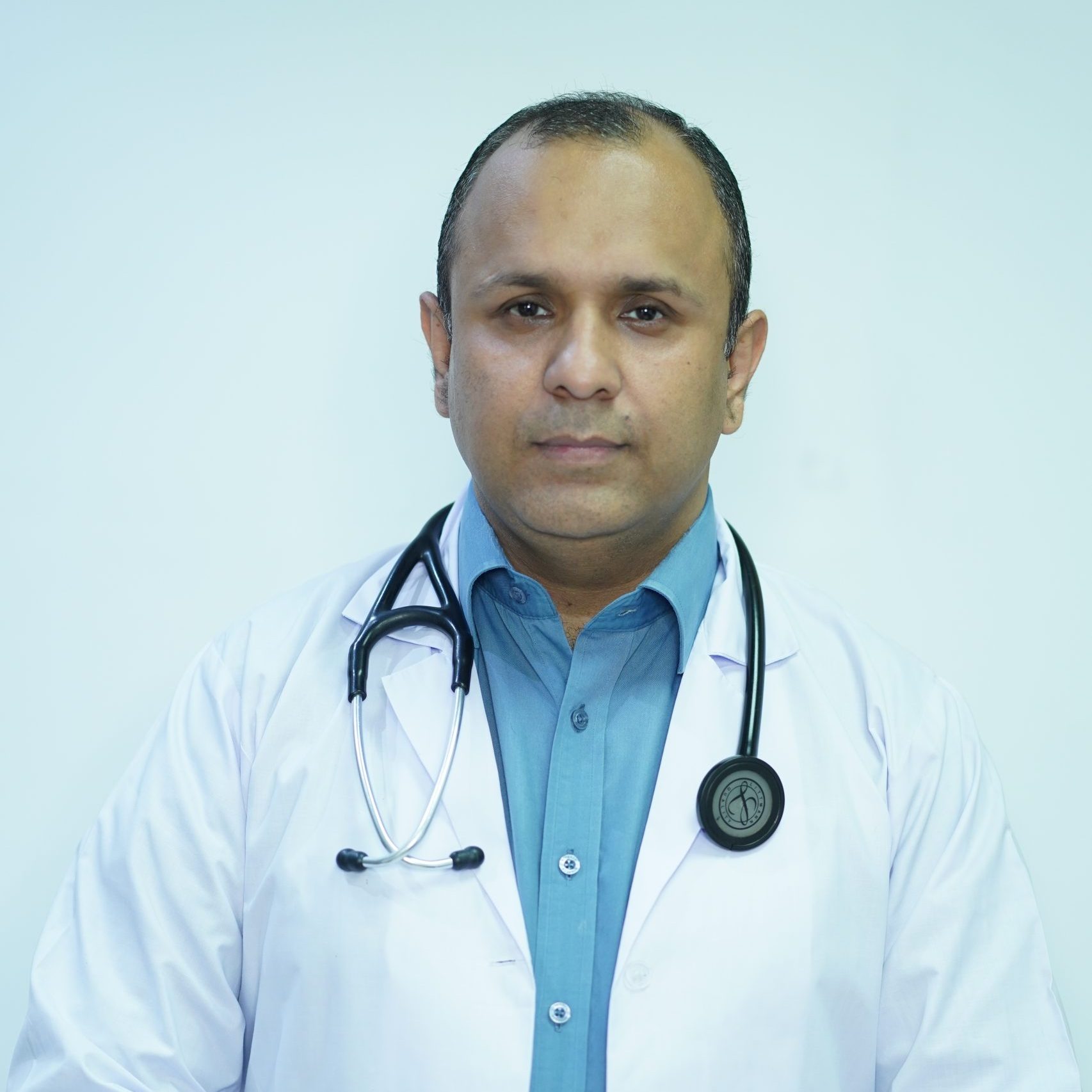The General Medicine Department at our hospital serves as the cornerstone of primary and acute care services. Led by board-certified internists and general practitioners, our team provides comprehensive medical care for a wide range of health concerns, from routine check-ups to the management of complex chronic conditions. With a focus on preventive medicine and evidence-based treatments, we strive to promote wellness and address the diverse healthcare needs of our patients. Our commitment to compassionate care and continuous medical education ensures that each patient receives high-quality and personalized treatment.
Services:
Our general medicine services encompass comprehensive primary and acute care for patients of all ages. We provide diagnosis, treatment, and management of a wide range of medical conditions, including;
- Infections
- Chronic diseases
- Preventive health screenings
Our team of experienced physicians offers personalized care tailored to each patient’s unique needs, focusing on promoting overall wellness and addressing acute and chronic health concerns. We are committed to delivering high-quality, compassionate care to support our patients in achieving optimal health outcomes.
Our Doctors
Dr. Ahmed Rasheed Ghani
Consultant General MedicineDr. Mohammad Ali Arif
Consultant General MedicineDr. Muaz Mubashir
Consultant General MedicineDr. Murtaza Asghar
Consultant General MedicineDr. Nasim Akhtar
Consultant General MedicineDr. Shaheer Ahsan
Consultant General MedicineFAQs:
1. Who is a general practitioner (GP)?
A general practitioner, or GP, is a medical doctor who provides primary care services to patients of all ages. GPs are trained to diagnose and treat a wide range of health conditions and often serve as the first point of contact for patients seeking medical care.
2. What services do general practitioners provide?
General practitioners provide a variety of medical services, including routine check-ups, preventive care, management of chronic conditions (such as diabetes, hypertension, and asthma), treatment of acute illnesses and injuries, vaccinations, health screenings, and referrals to specialists when needed.
3. When should I see a general practitioner?
You should see a general practitioner for any non-emergency medical concerns, such as minor illnesses or injuries, chronic health conditions, preventive care (such as vaccinations and screenings), routine check-ups, and general health advice.
4. How often should I see a general practitioner for a check-up?
The frequency of check-ups with a general practitioner depends on factors such as your age, overall health, medical history, and any specific risk factors. As a general guideline, adults should have a check-up at least once a year, but your doctor may recommend more frequent visits based on your individual needs.
5. What should I expect during a visit to a general practitioner?
During a visit to a general practitioner, you can expect a discussion of your medical history, a physical examination, and possibly diagnostic tests such as blood tests or imaging studies. Your doctor will discuss any health concerns you have, provide guidance on preventive measures, and develop a treatment plan if needed.
6. What should I do in case of a medical emergency?
In case of a medical emergency, such as chest pain, difficulty breathing, severe bleeding, loss of consciousness, or signs of stroke, call emergency services immediately. Do not attempt to drive yourself to the hospital if you are experiencing a medical emergency.
7. What is the role of general medicine in preventive care?
General medicine plays a crucial role in preventive care by providing vaccinations, health screenings (such as blood pressure checks, cholesterol tests, and cancer screenings), counseling on healthy lifestyle habits, and early detection and management of risk factors for chronic diseases.
These FAQs provide general information about general medicine, but if you have specific concerns or questions about your health, it’s essential to consult with a general practitioner or healthcare provider for personalized advice and care.



